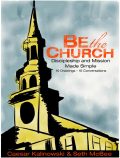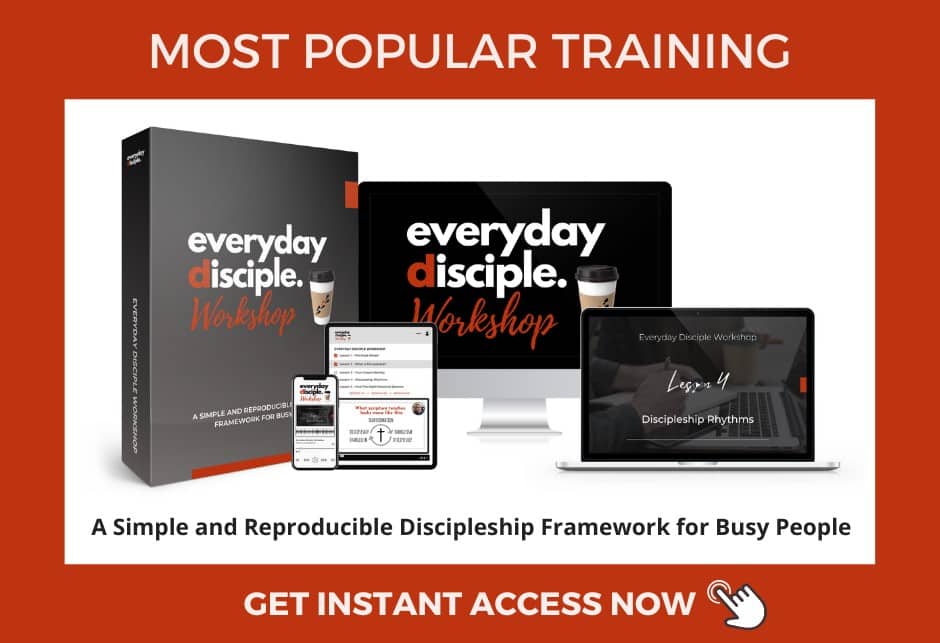Life in a True Gospel-Centered Community: Kirstan’s Story
Life in a vibrant gospel-centered community –a missional community– is an amazing thing to experience. It’s something I believe we were all created to enjoy. But what does this really look like? How is it different than your current church or small group situation? Let me tell you a true story that will help illustrate the beauty of this.
A Broken Family
Good friends of mine, Greg and Mary, came to faith and become part of our community a few years back. They pretty immediately began to loop others into this life with us as they learned to live as full-time missionaries. One of the very first families that Greg and his wife Mary began to invite into their lives was a 16-year-old girl named Kirstan and her widowed mother, Julianna. They had a pretty rough story. (more…)


